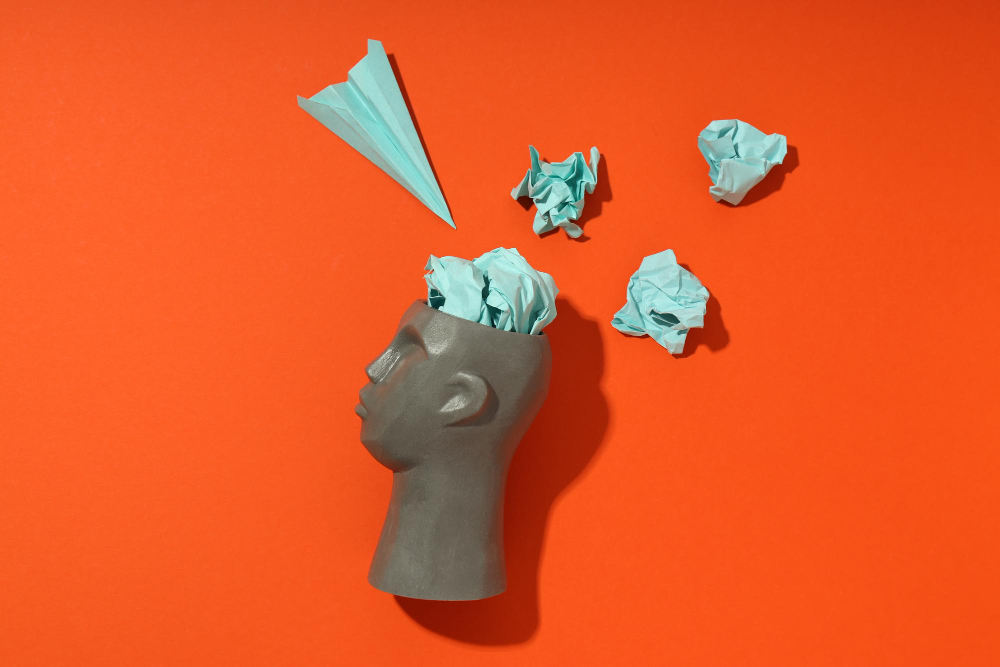We’ve all experienced it at some point – walking into a cluttered room and feeling instantly overwhelmed or stressed. The state of our physical environment can have a profound impact on our mental well-being, and clutter is no exception. In this article, we will delve into the psychology of mess and explore the emotional effects of a cluttered environment. From understanding why clutter affects us to discovering strategies for creating a more organized space, let’s uncover the fascinating world of the psychology of mess.
The Clutter-Stress Connection: How Mess Impacts Our Mental State
Clutter is more than just a visual annoyance; it can have a significant impact on our stress levels. Research suggests that living in a cluttered environment can lead to increased levels of cortisol, the stress hormone. Clutter creates a sense of visual chaos and makes it difficult for our brains to relax and focus. As a result, we may feel anxious, overwhelmed, or constantly on edge when surrounded by clutter.
Emotional Attachments: The Psychology Behind Clinging to Clutter
Why do we hold onto clutter even when we know it’s causing us stress? The psychology behind our attachment to clutter is complex. We may form emotional connections to our belongings, associating them with memories, identity, or a sense of security. Additionally, we may fear letting go of items due to a perceived loss or a belief that we might need them someday. Understanding these emotional attachments can help us address the root causes of clutter and develop healthier habits.
Clearing the Mind: The Therapeutic Benefits of Decluttering
The act of decluttering can be therapeutic and have a positive impact on our mental well-being. When we clear physical clutter, we create space for mental clarity and focus. Decluttering can also provide a sense of accomplishment, control, and a renewed appreciation for our surroundings. It allows us to let go of the past, embrace the present, and create an environment that supports our overall well-being.
The Power of Organization: Creating an Oasis of Calm
Creating an organized space goes beyond simply tidying up. It involves establishing systems and routines that promote order and efficiency. An organized environment reduces visual distractions, improves productivity, and enhances our ability to relax and unwind. By implementing storage solutions, labeling, and regular maintenance, we can transform our living spaces into oases of calm and create a more positive and peaceful atmosphere.
Mindful Consumption: Curbing the Cycle of Clutter
Preventing clutter from accumulating in the first place requires a shift in mindset towards mindful consumption. Being mindful of what we bring into our homes can help us avoid unnecessary clutter. Before making a purchase, ask yourself if the item truly adds value to your life and if you have a designated place to store it. By adopting a more intentional approach to acquiring possessions, we can break the cycle of clutter and maintain a clutter-free environment.
Finding Serenity: Harnessing the Power of a Clutter-Free Environment
The psychology of mess reveals the profound impact that clutter can have on our emotional well-being. Understanding the connection between a cluttered environment and our mental state empowers us to take control and create spaces that promote calm, focus, and positivity. Whether through decluttering, organizing, or practicing mindful consumption, we have the power to transform our surroundings and cultivate a more harmonious relationship with our living spaces.
